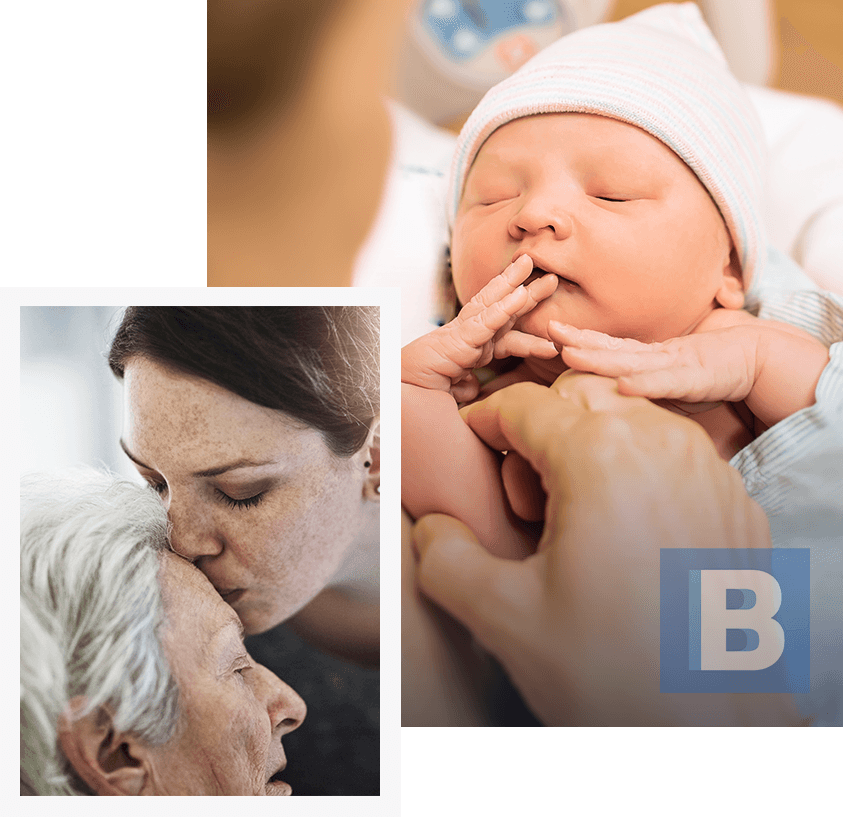Types of Nursing Home Abuse
Nursing home abuse can take various forms, including:
- Physical Abuse: This refers to the use of force or violence against a nursing home resident, including slapping, pinching, kicking, pushing, and burning, among others. Some of the symptoms of physical abuse incidents can be hard to distinguish from accidents.
- Emotional/Psychological Abuse: This refers to ways that people can inflict mental pain, anxiety, or humiliation on a resident. This can be through verbal abuse, such as threats, insults, or lies. It can also take other forms, such as forced isolation.
- Neglect: This is the failure to meet the basic needs of the resident. Symptoms include bedsores, long periods with feces or urine, poor hygiene, loss of weight (malnutrition) or dehydration.
- Sexual Abuse: Forced, unwanted, or nonconsensual sexual interaction or touching of any kind constitutes abuse. It can also include sexual harassment.
- Financial Abuse: When someone takes advantage of a resident to obtain their money, assets, property, or anything of value, it can be financial abuse. Often, the elderly are manipulated into signing financial documents without being of sound mind.
RECOGNIZING THE SIGNS OF NURSING HOME ABUSE & NEGLECT
If you reside in a nursing home or have a family member who lives in a long-term care facility, it is critically important that you know the signs of potential abuse. Nursing home abuse and neglect are extremely common, with two in three nursing home and similar care facility staff members admitting to abusing or neglecting residents in 2021, according to the World Health Organization. By knowing what to look for, you can take immediate action at the first sign of nursing home abuse.
Some of the many signs of nursing home abuse and neglect include:
- Unexplained cuts, scrapes, bruises, and other injuries
- Serious injuries, such as bone fractures, head injuries, and burns
- Falls and fall-related injuries, including broken hips and brain injuries
- Untreated or advanced bedsores/pressure ulcers
- Signs of dehydration or malnutrition
- Infections, including untreated infections leading to sepsis
- Delayed medical treatment and medical errors
- Medication mistakes, including overdose
- Unexplained and unusual changes in mood or behavior
- New or increased agitation, irritability, aggression, or crying
- Signs of depression or anxiety
- Apparent fearfulness, particularly around certain caregivers or residents
- Injuries to or near the genitals, buttocks, or female breasts
- Poorly maintained facilities
- Soiled or dirty clothing, bedsheets, and linens
- Damaged or destroyed personal items
- Poor personal hygiene
- Wandering and elopement
- Unexplained withdrawals from bank accounts
- Bounced checks and unpaid bills
- Changes to a will, trust, healthcare directive, or power of attorney
If you notice any signs of nursing home abuse or neglect, or if you have witnessed abuse or neglect firsthand, it is important that you act quickly. Report the abuse right away; then contact an experienced nursing home abuse attorney for the legal representation you need.
TAKING ACTION TO STOP NURSING HOME ABUSE
There are several things you can do to report nursing home abuse or neglect in Maryland:
- Call 911: You should call 911 if you believe that you or anyone else is in imminent danger or at risk of immediate physical injury or death.
- Contact Local Law Enforcement: You may call your local, non-emergency law enforcement number to report suspected nursing home abuse or neglect.
- Alert the Facility: If you believe a caregiver is abusing or neglecting residents, you can notify the facility’s administration of the suspected abuse or neglect.
- File a Complaint: You can also file an official complaint with the Office of Health Care Quality (OHCQ) about any facility or program that provides health care services.
- Notify the Long-Term Care Ombudsman: The Maryland Long-Term Care Ombudsman program advocates for nursing home residents and other elderly individuals.
- Reach Out to a Lawyer: An experienced nursing home abuse lawyer, like those at Brown & Barron, can help you understand your legal rights and options.
When a person suspects nursing home abuse or neglect, it can be difficult to get straight answers from the nursing home. A law firm that focuses on nursing home negligence can help you get to the truth and fight for justice for you or your loved one. For many of the bad nursing homes in our country, the fear of a lawsuit is the only deterrent to abuse and neglect.
When reporting known or suspected nursing home abuse or neglect, be sure to have the following information handy:
- The name of the facility
- The city and state where the nursing home or long-term care facility is located
- The name of the victim
- Your name and your relationship to the victim
- The best phone number or email where you can be reached for details
- A brief description of the abuse
The more information you have, and the more details you can provide, the better. Even if you have minimal information, however, we still encourage you to reach out to our firm to learn how we can help you take the appropriate steps to report nursing home abuse in Maryland and help protect the safety of our elderly community members.
Reach us onlineor by phone at (410) 698-1717.
- Contact the Eldercare Locator: The Eldercare Locator, a public service of the U.S. Administration on Aging connecting you to services for older adults and their families. You can also reach us at 1-800-677-1116.
- File a Complaint with the Maryland Board of Physicians: The Maryland Board of Physicians is a state agency with the authority to license physicians and other healthcare providers and to discipline licensees who violate the Maryland Medical Practice Act. To file a complaint, you can click here, or reach out directly at:
- 4201 Patterson Avenue
Baltimore, MD 21215 - Phone: 800.492.6836 or 410.764.4777
- Fax: 410.358.2252
- E-mail: mbpmail@rcn.com
- Search by Physician for License Information and Disciplinary Action: The Maryland Board of Physicians has a search engine where you can look up a particular healthcare professional (doctors, physician assistants, therapists, technologists, practitioners, trainers, etc.) by name to check on their license or to conduct research for previous medical malpractice complaints on the public record. The absence of a complaint does not necessarily mean that the professional in question has had no complaints.
- Search by Nurse for License Information and Disciplinary Action: You can also search for information on a professional licenses and disciplinary action for nurses in Maryland by clicking on this link.
- File a Complaint with the Maryland Office of Health Care Quality: The OHCQ investigates complaints against hospitals. Contact the OHCQ at 1-877-402-8219 to file a complaint, or you can go to their forms page and download the paperwork to make a complaint.
- Compare and Research Hospitals with Medicare Compare: Look up hospitals and compare them to one another with this government website.
- Contact your Local Ombudsman: If you have a complaint against a nursing home, the Maryland Ombudsman Program is a valuable advocate for issues pertaining to long-term care (LTC) facilities, including nursing homes, board/care homes, and assisted-living facilities. The service is free. An ombudsman is a civil servant, who is trained to resolve problems related to the health, safety, welfare, and rights of individuals who live in LTC facilities. The services provided by the ombudsman are free and confidential. An ombudsman will help investigate and resolve any LTC issue with the help of the resident or on their behalf.
- File a Complaint with the Nursing Home Administrator: Call the nursing home and ask to speak with the administrator; let them know you are filing a formal grievance. Nursing homes are required to have a procedure for handling complaints. The nursing home must respond to your complaint within 30 days.
- For Information on Nursing Home Rights, visit the Consumer Voice: The Consumer Voice helps consumers in issues related to long-term care (e.g., nursing homes) and gives them critical information and tools so they can advocate for themselves.







